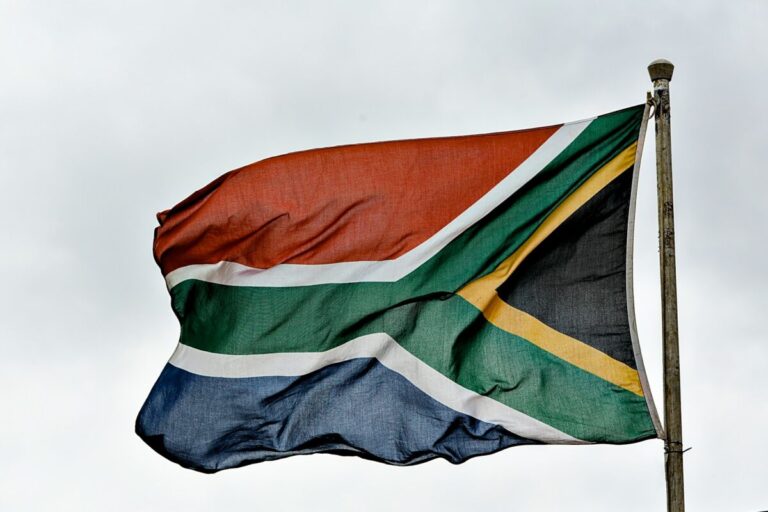The International Trade Administration Commission of South Africa (ITAC) has imposed a 10% import tariff on solar panels to protect local manufacturers, attract investment and deepen the value chain. The South African Photovoltaic Industry Association has questioned the lack of formal industry involvement, calling the timing ‘not ideal’.
South Africa’s ITAC is introducing a 10% tariff on the import of crystalline silicon photovoltaic modules and panels. In a statement published on its website, it cited the protection of South African solar panel manufacturers as the reason for maintaining the tariff, which has already come into effect.
It is said that other factors have also been taken into account, including the disinvestment of domestic manufacturers due to strong competition from low-priced imports and a significant decline in production, sales and capacity utilization of domestic modules.
An application for an increase in customs duties on solar panels was submitted to ITAC by ARTsolar, a South African manufacturer of solar panels.
In the filing, ARTSolar states that local manufacturers currently have “no meaningful local work” since the last Renewable Energy Independent Producer Program project ended because the market was “flooded” with low-priced imports of modules and panels. It also pointed out that several manufacturers, JA Powerway, Solitaire Direct, SMA and Jinko Solar, are halting module production in the region.
ITAC said the 10% customs duty will “help protect remaining local manufacturers, attract new investments in the industry and encourage the deepening of the value chain through localization of certain inputs.” It added that the tariff would enable domestic manufacturers to achieve economies of scale and create both direct and indirect jobs. ITAC has proposed to review the duty structure after three years.
The South African Photovoltaic Industry Association (SAPVIA) said it was surprised that the levy had been imposed without any formal industry involvement, which it had called for after being made aware of the proposal last August. It now plans to engage the relevant authorities to gain clarity and understanding of the discount mechanism and communicate this information to its members.
CEO of SAPVIA, Rethabile Melamu, believes the immediate implication is likely to be that a 10% price increase will be passed on to consumers to accommodate any issues or delays experienced by importers using the rebate mechanism.
Popular content
Melamu added that the association is only aware of three operational module assembly facilities in South Africa. “It is important to note that local assembly facilities import most of the components required for module assembly, with minimal localization of the upstream components and no localization of solar polysilicon production, ingots, wafers or cells,” she said.
SAPVIA adds that despite continued declines in module prices over the past three to four years, module prices still represent a significant portion of total solar investments, ranging from 30% to 45% for rooftop PV and between 20 % and 35% for carports. and ground mounting solutions.
The association estimates local module assembly capacity at approximately 620 MW per year for larger size modules intended for the utility and C&I markets, which is approximately five times less than current annual demand. “The immediate introduction of a duty is not ideal at this time,” the association said.
This content is copyrighted and may not be reused. If you would like to collaborate with us and reuse some of our content, please contact: editors@pv-magazine.com.


